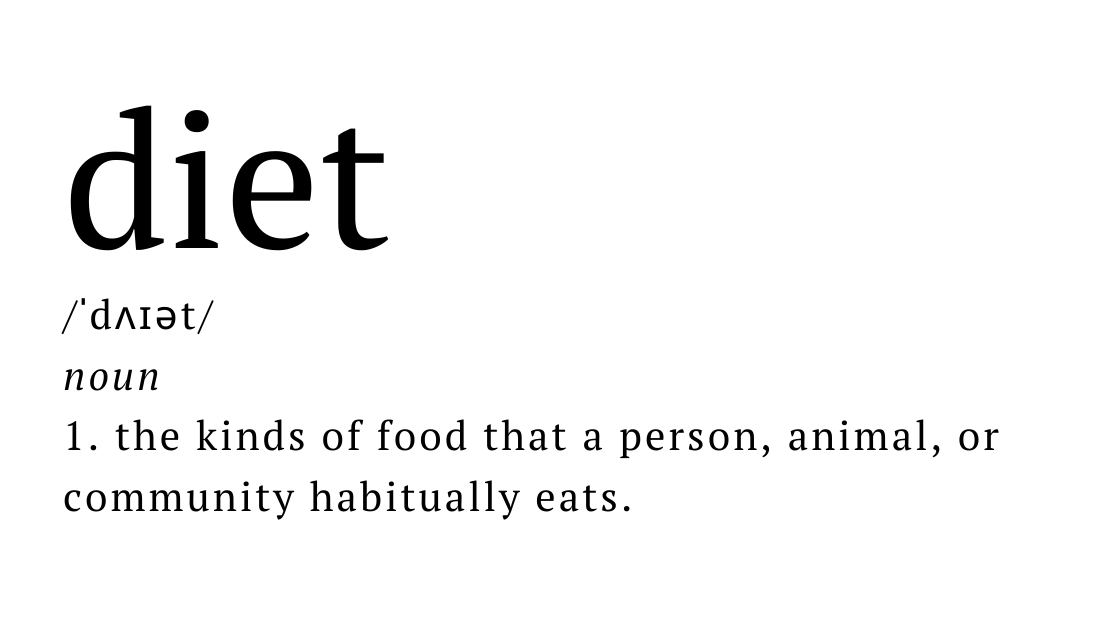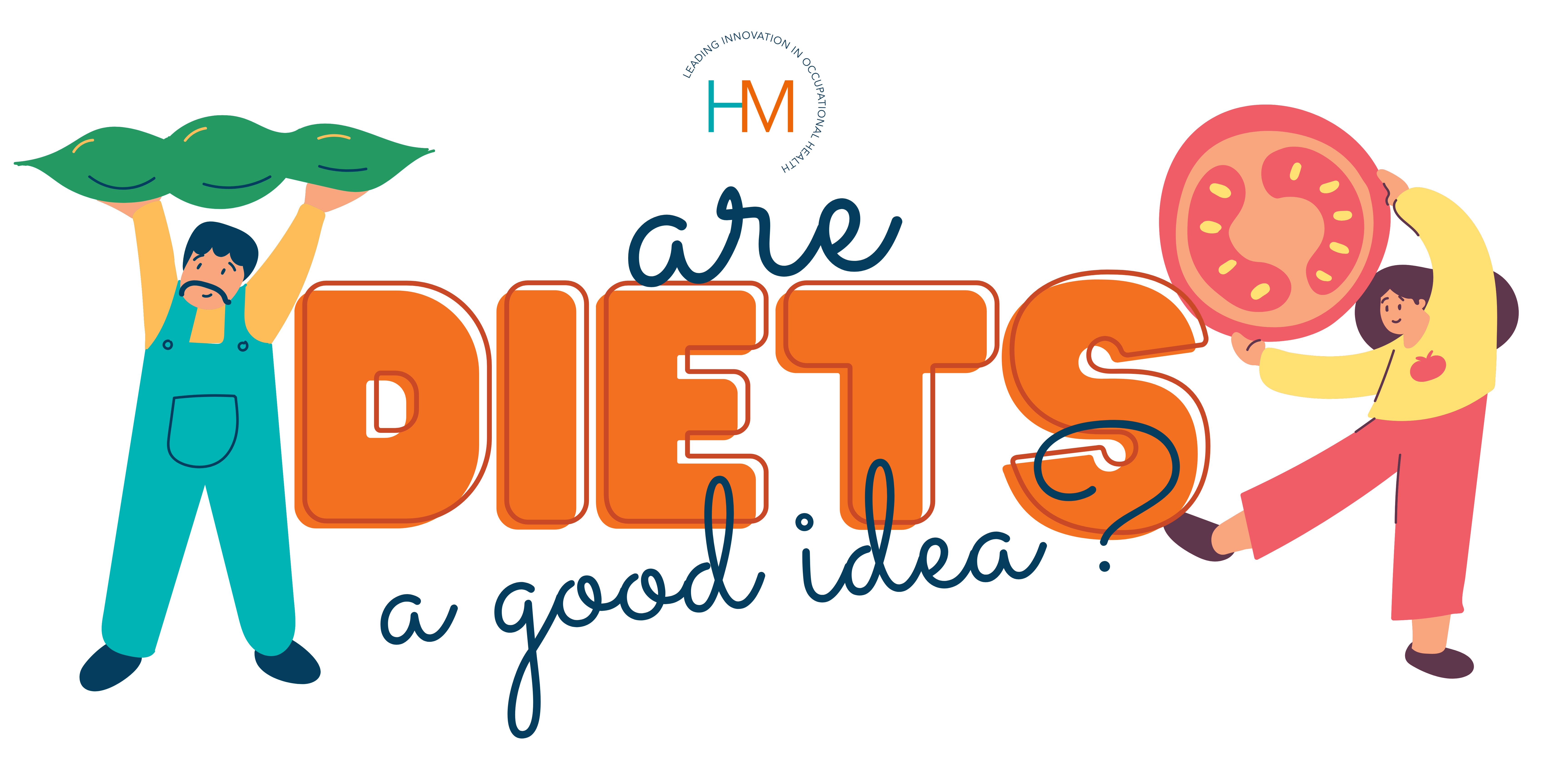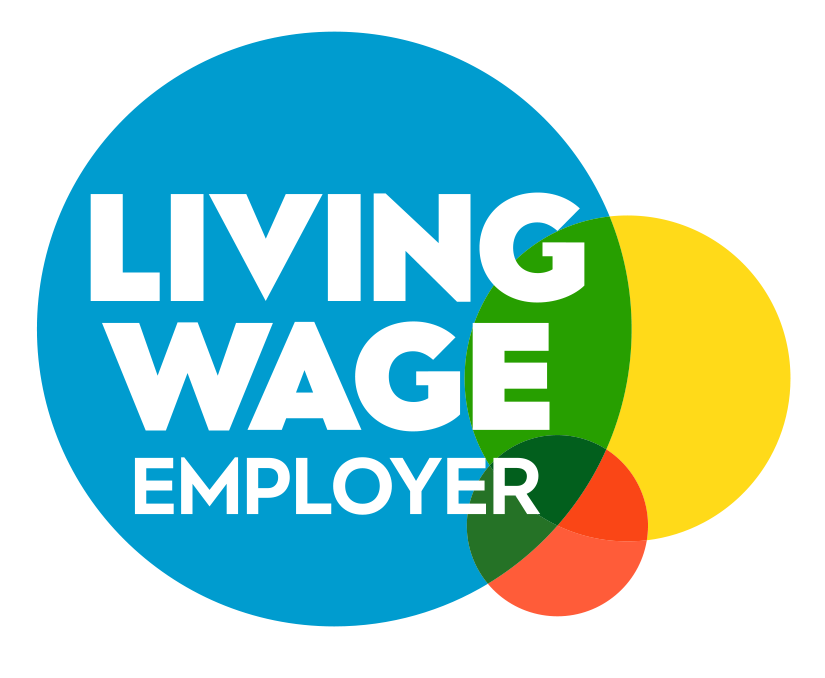Fad diets vs sustainable life choices
First things first, it is so difficult to navigate through all the “nutritionists”, “diet experts”, “celebrity endorsements” and the new hot topics when it comes to what you should be eating. Everywhere you look you’ll see a new diet, then an article on how diet is a dirty word, then a new superfood that has been discovered and a belt that will help you loose weight*
*absolute rubbish
This does make it really difficult to know what is right and what is wrong. So no, this post is not aimed to make anyone feel silly, nor to tell anyone that they have wasted their time and effort. This post is simply to lay out some truths in front of you for you to make a more informed choice when it comes to your diet.
If you type diet into google, you are bombarded with targetted adds from places that claim “diets don’t work, **** does” or groups that will weigh you weekly and count your sins or shakes that will replace your food all together. When actually the dictionary definition reads as this:

Your diet is just what you eat on a regular basis.
So what I am going to be talking more about here is fad diets which is defined by the British Dietician Association as:
“A fad diet is a plan that promotes results such as fast weight loss without robust scientific evidence to support its claims. Popular ones include plans where you eat a very restrictive diet with few foods or an unusual combination of foods. They may only allow you to eat at certain times or involve some degree of fasting. Fad diets often consist of expensive and unnecessary food products, ingredients and/or supplements.”
Fad diets: Food Fact Sheet, BDA The Association of British Dieticians. Found at: https://www.bda.uk.com/resource/fad-diets.html
So if you are about to embark on a new “diet” maybe ask yourself a few questions first:
Is your aim to loose body fat quickly?(I’ll go into body fat vs weight in another post soon)
If your aim is to loose body fat quickly then a diet could work for you, however, these diets are rigid and restrictive and will often lead to gaining the weight back (sometimes more than you originally had). So is this going to realistically live up to how you are imagining it?
Do you have a target event you are trying to loose for?
If so, how far away is it? Is this a realistic goal? Maybe take a closer look as to why you want to loose body fat for this event.
To be clear, if your goal is an aesthetic goal that is not a bad thing, but you also have to be happy.
Are you planning on increasing your physical activity?
If the diet you are planning on starting is super restrictive (e.g cutting massive amounts of calories or cutting out whole food groups like carbs) but also planning on suddenly spending an hour in the gym everyday then this could actually hinder your progress. You have to make sure you are eating enough to fuel the physical activity you are doing, so if you have cut your calories or carbs you are cutting the energy required to do that physical activity. It is a delicate and confusing balance so don’t be afraid to ask for help from someone who can work out how much you should actually be eating like a Personal Trainer or Dietician.
How likely are you to stick to this “diet”?
If this is something you have been through several times then it might be your method that needs looking at. If a diet is not sustainable this can lead to feelings of guilt and shame when it is abandoned.
How are you going to sustain this fat loss once the diet is complete?
Going back to our first question, maintaining this body fat loss can prove very difficult when coming off a restrictive diet. Which again can lead to feelings of guilt and shame if weight is gained. Do you have a plan for after? Is there anyone that can help you?
So is a “diet” a good idea? Or is making a few small changes and creating new, healthier habits a more realistic and sustainable option?
Changes such as:
- Looking at your portion sizes
- Making sure your plate is 50% vegetables/salad
- Drinking at least 2 litres of water a day
- Eating regular meals (stop skipping breakfast)
- Eating high fibre foods
- Cut down on sugary foods and alcohol
- Walk more
- Increase your physical activity
These are only a few examples of small changes you can make that can make a big difference. Try implementing 2 of these for a few weeks then add more in when you feel ready.






